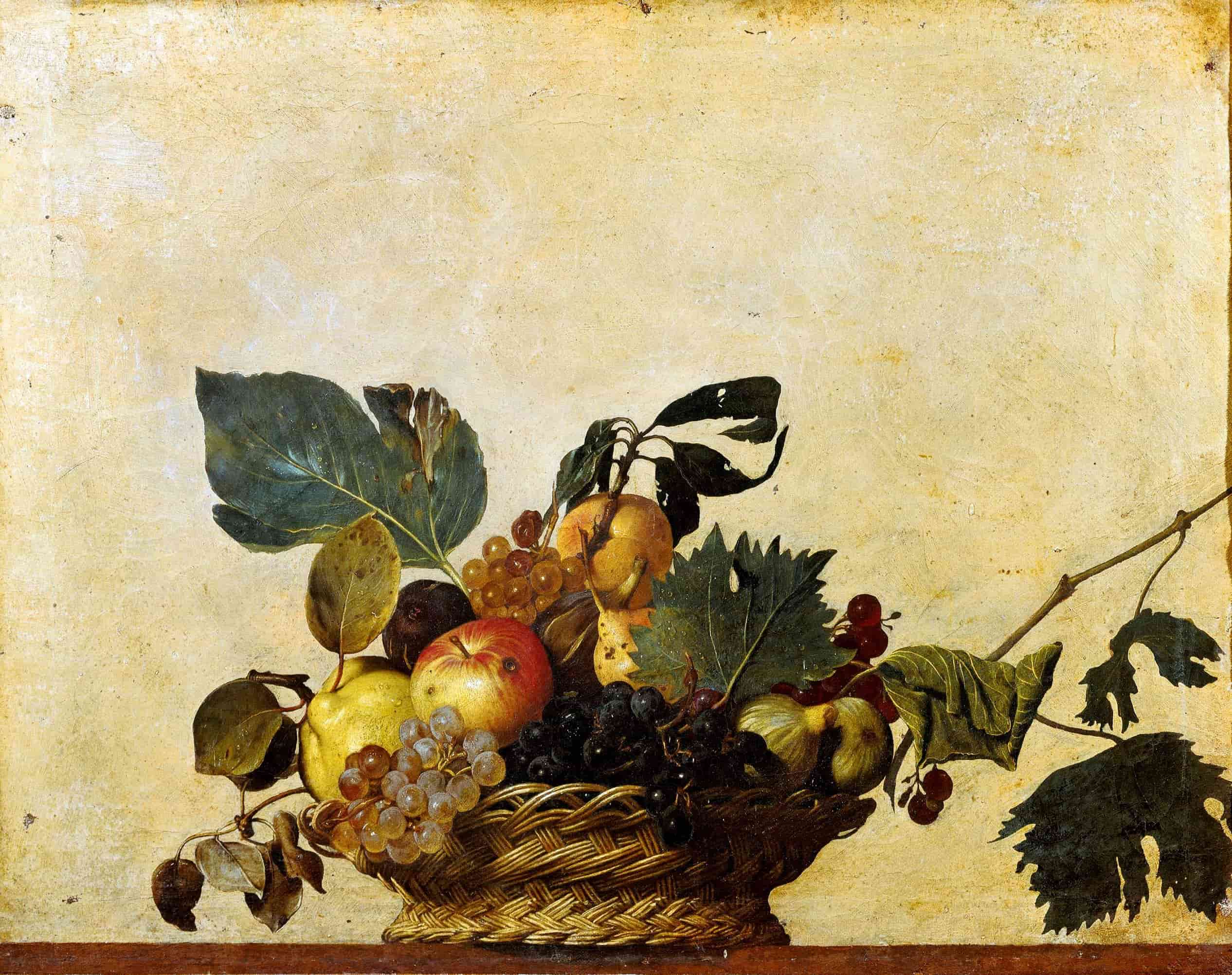Culture
2026
Art
Michelangelo's Saint Matthew and the beauty of the unfinished
In the sculptural figure of Saint Matthew, Michelangelo Buonarroti reveals a radical vision of art, one in which beauty lies not in polish or completion, but in the struggle of form emerging from raw matter.
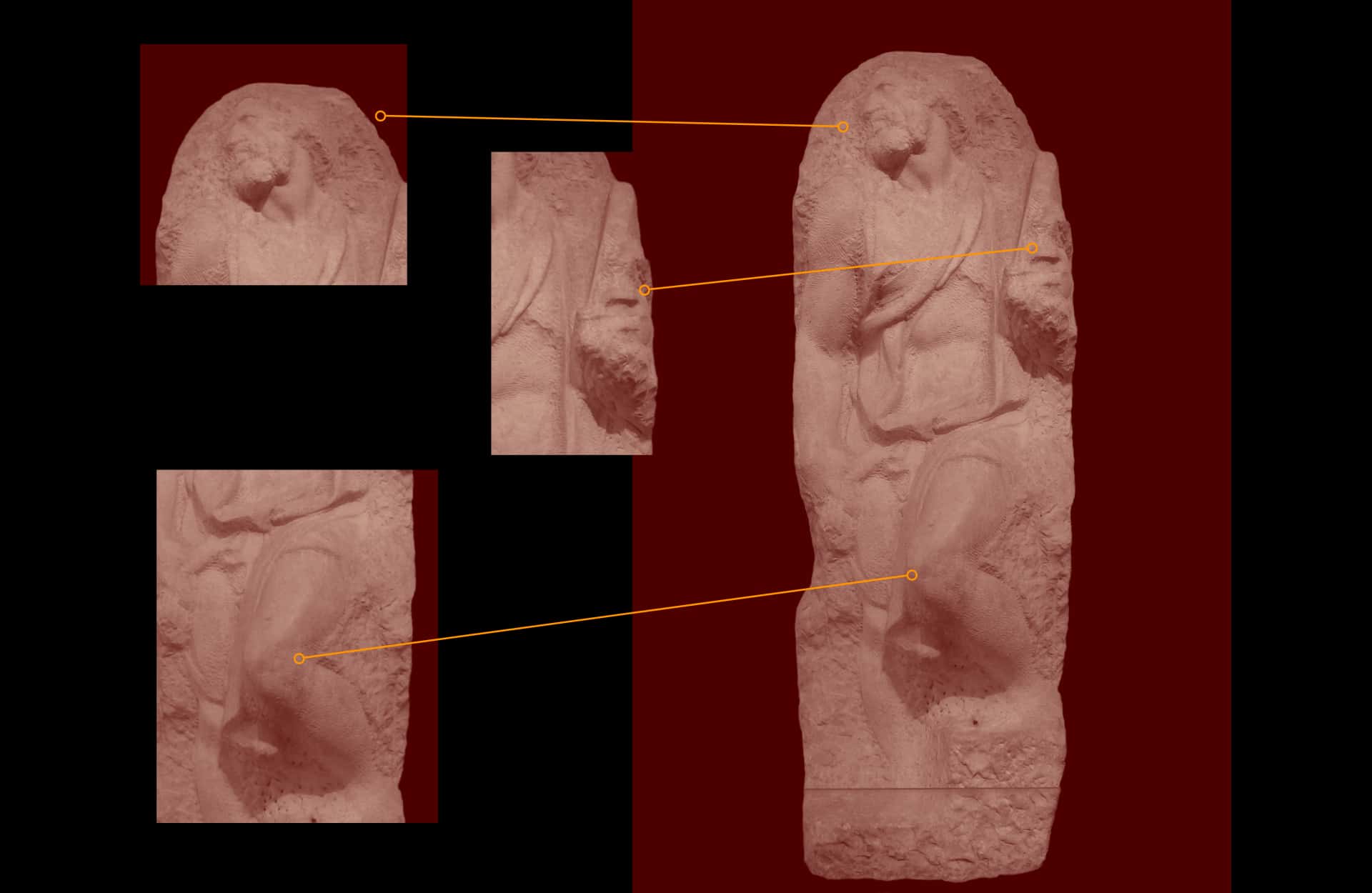
Film
Mainstream cinema demands that women who choose each other must also choose death — and calls it a happy ending
From Thelma & Louise to The Children’s Hour, films that edge toward lesbian love repeatedly resolve it through death. When women’s desire becomes explicit, mainstream cinema reveals the limits of the “happy ending.
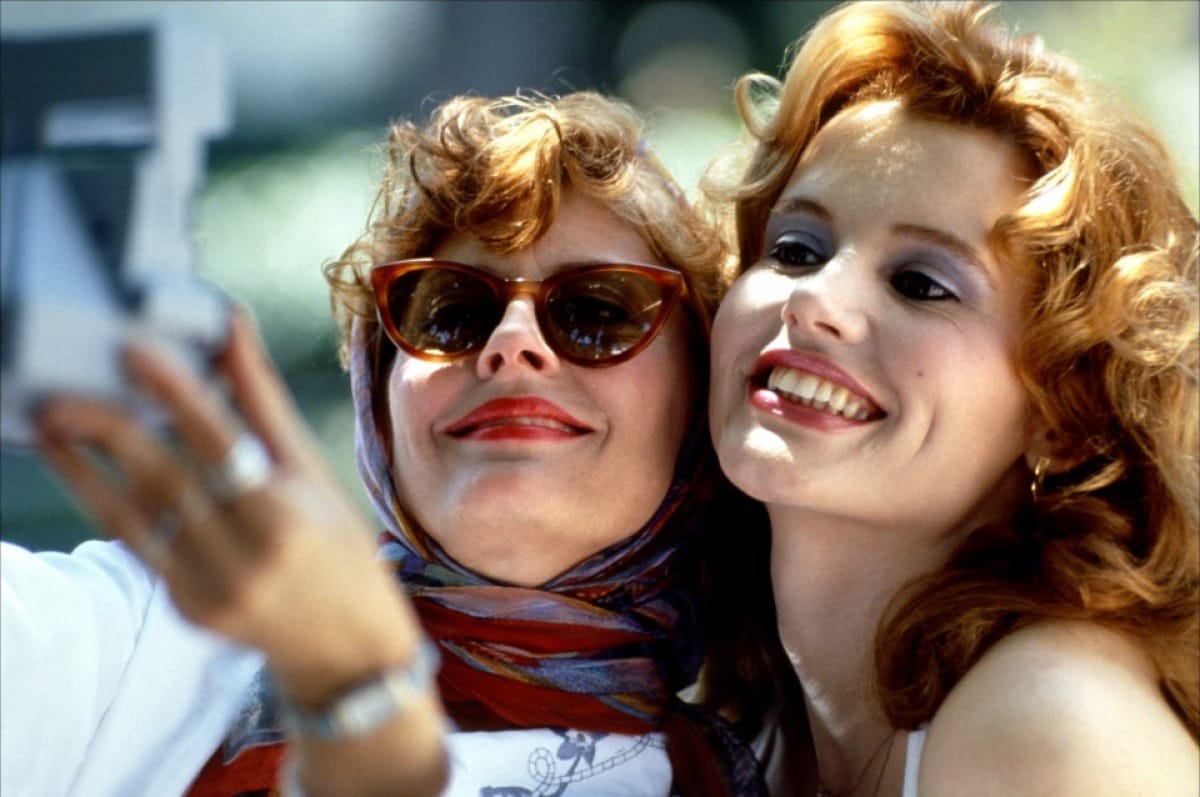
Art
Caravaggio’s Annunciation trades the dramatic light of his Roman period for a softer, more introspective spirituality
Painted during his Maltese exile, the canvas achieves a complex balance where traditional symbols fade into shadow. By focusing solely on the Archangel’s gesture, the artist moves beyond technical showmanship to reveal the essence of a private, divine promise.
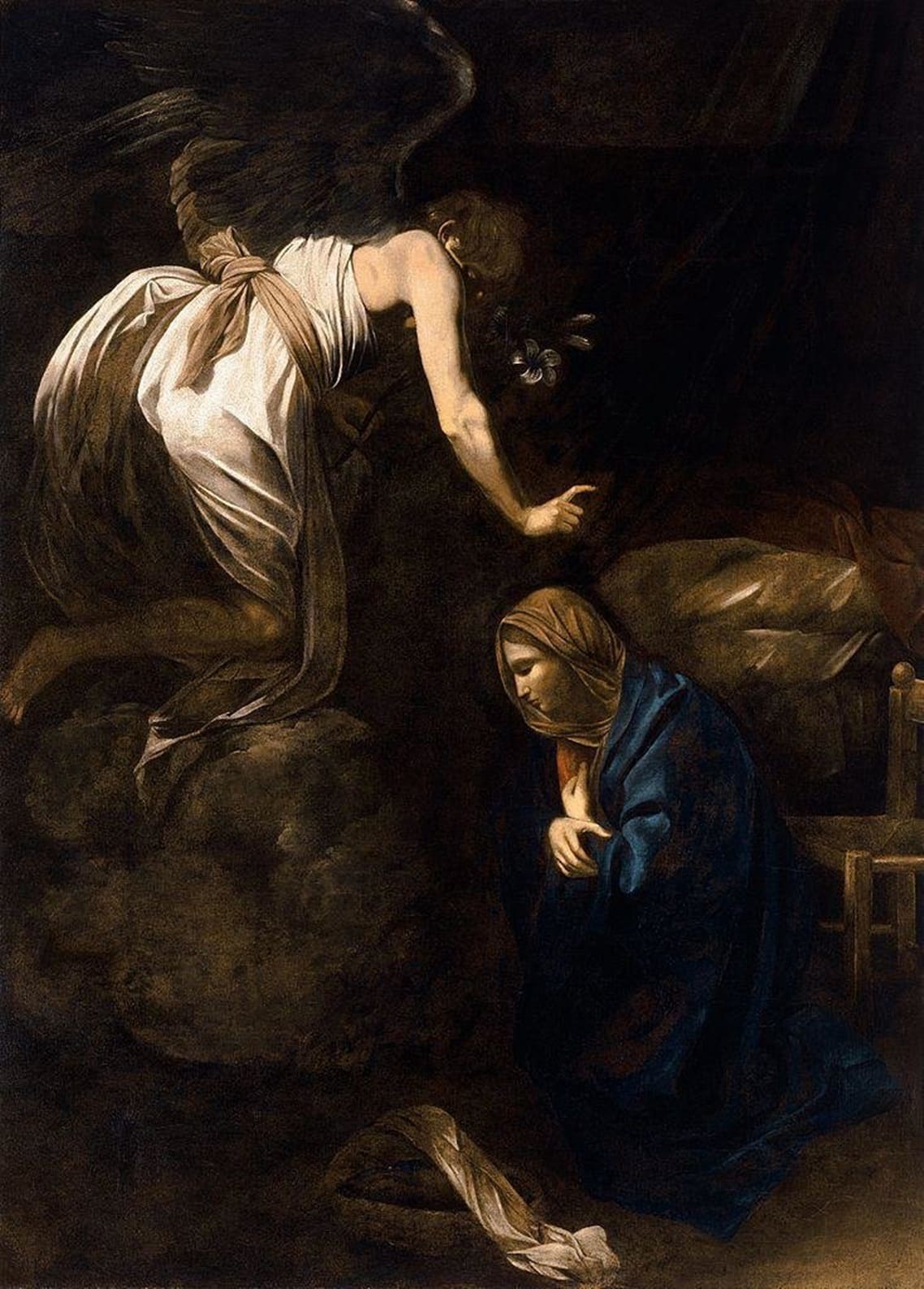
2025
Art
The mirror and the light: Caravaggio and the enigma of Narcissus
When Narcissus emerged from obscurity in 1913, it reignited fascination with a timeless myth and the men who painted its tragedy. Whether born of Caravaggio's brush or not, it reveals the myth's core - the moment when reflection turns to obsession and beauty gives way to loss.
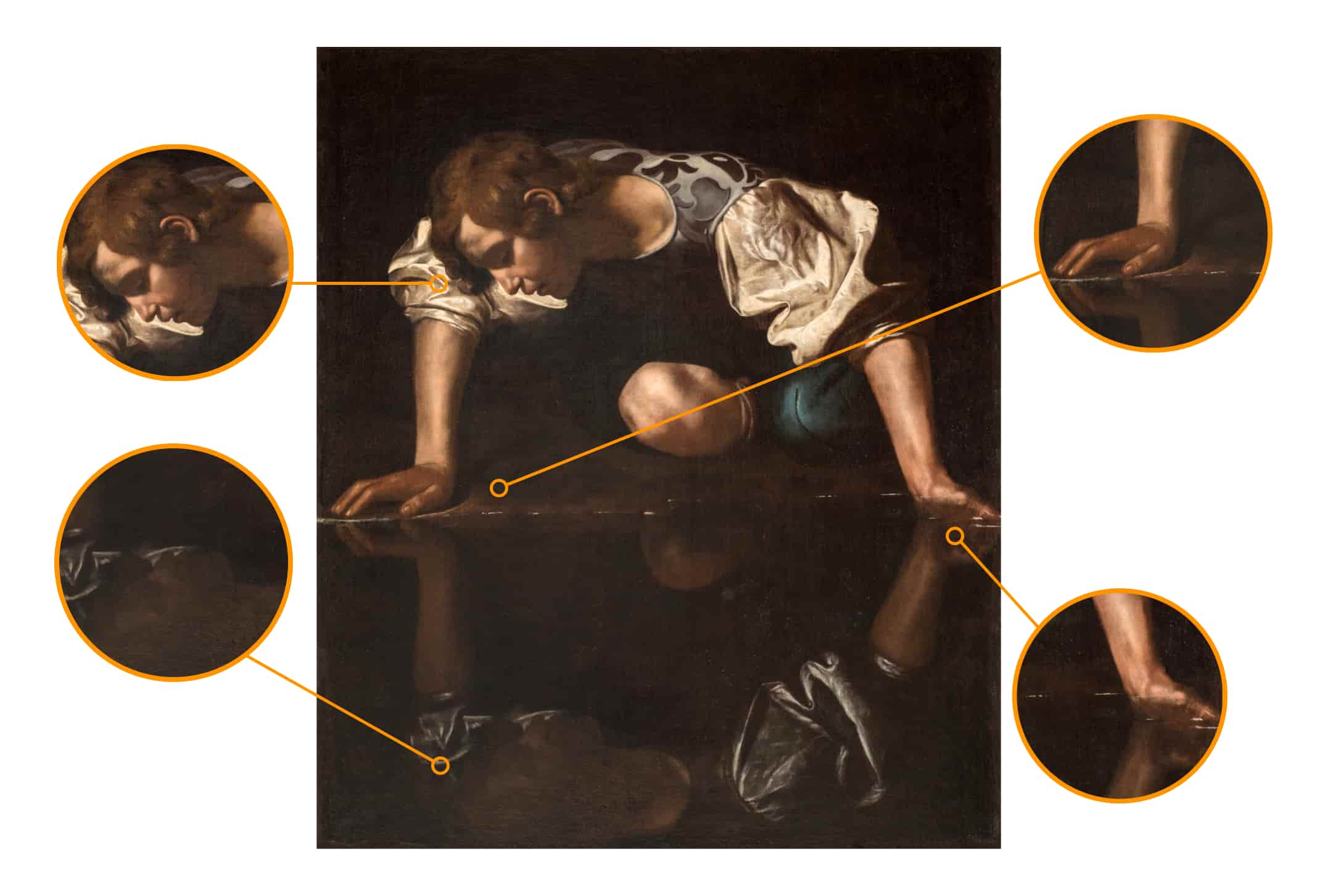
Literature
Art, music and leisure: American creativity in the early twentieth century
The early twentieth century brought a surge of American creativity as artists embraced abstraction, architects reshaped cities and cinema became a national passion, capturing both ambition and unease in a rapidly changing country.
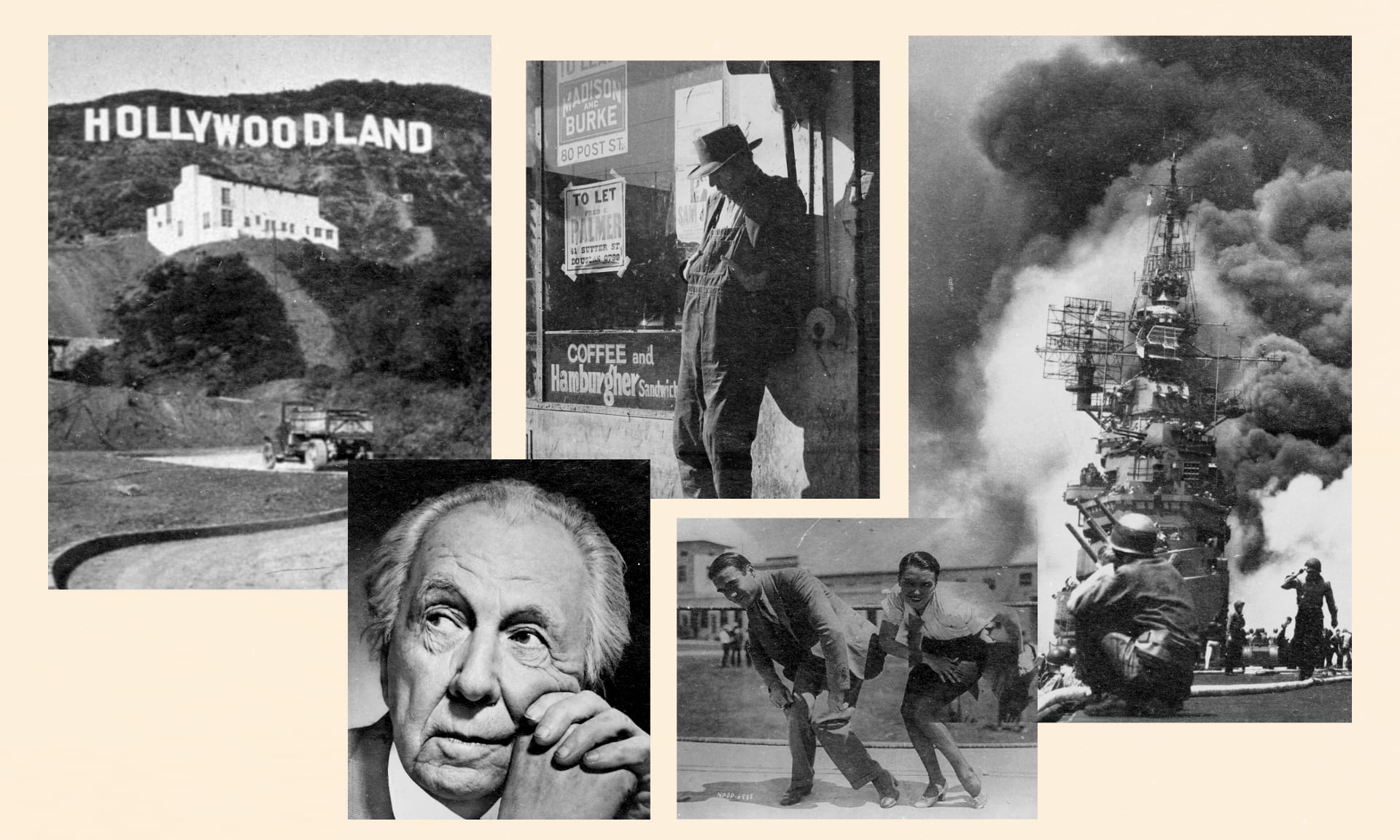
Art
The fresco that saved a city: Piero Della Francesca's Resurrection and its enduring power
Aldous Huxley’s praise for Piero della Francesca’s Resurrection once moved a British officer to spare a town—showing how art can outlast war and shape destiny.
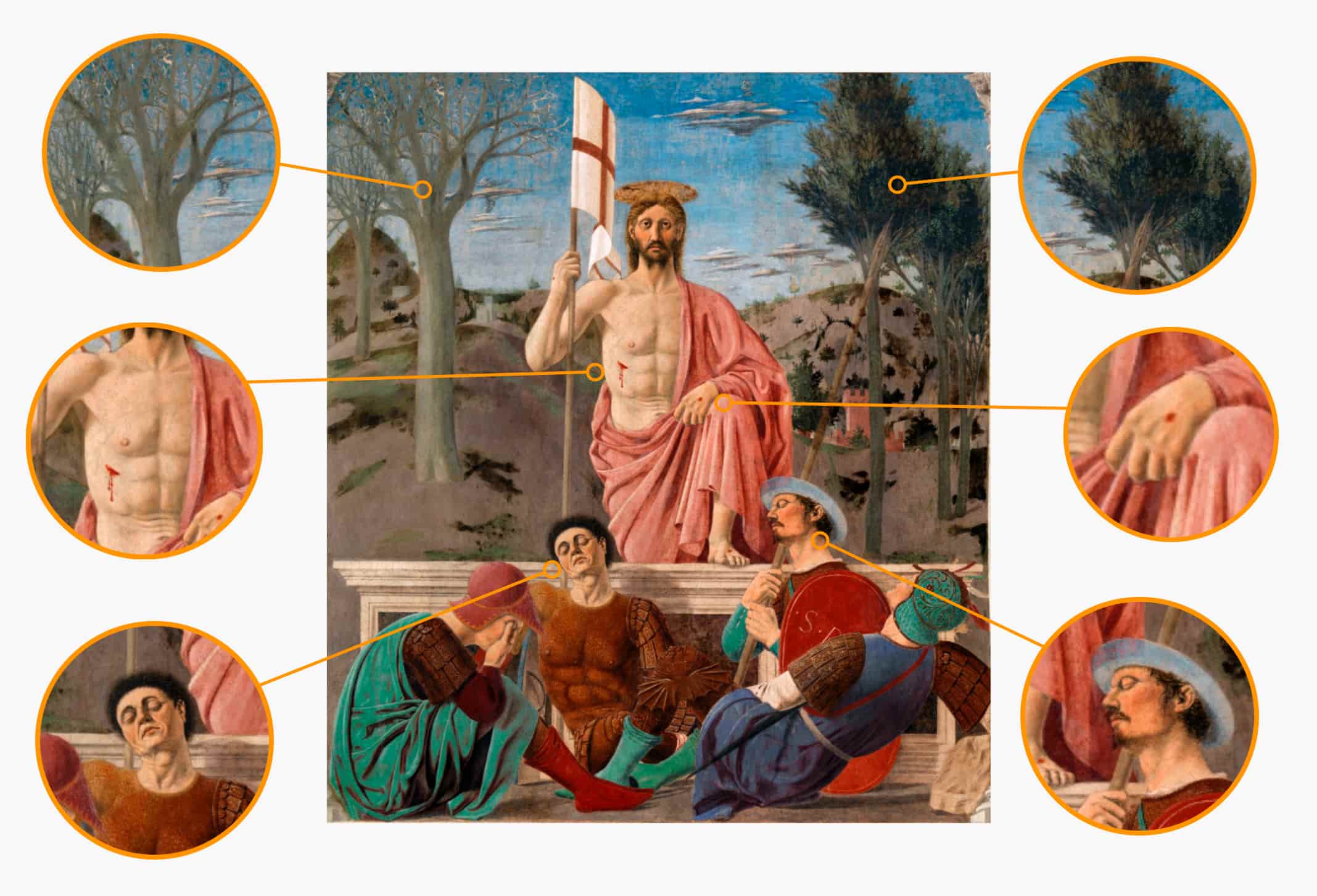
Literature
Forging a new canon: The birth of American literature
The birth of a new literary American tradition attempting to create an original identity, distinct from its European roots.
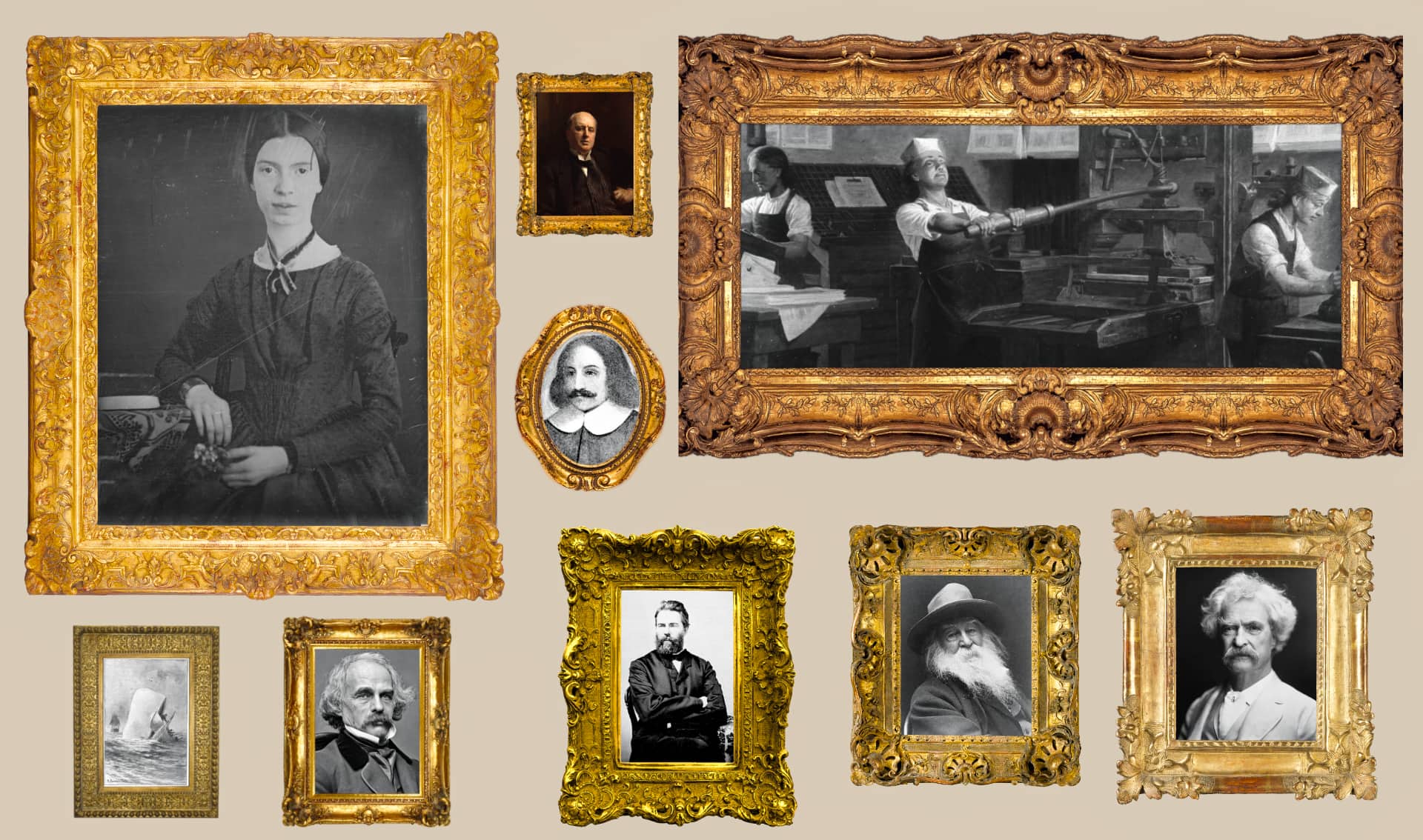
United States
'Faith, land and gold': The making of American culture
The relentless drive for faith, land and gold propelled a diverse people across a continent, creating an American culture from the collision of European traditions, African resilience and the raw wilderness itself.
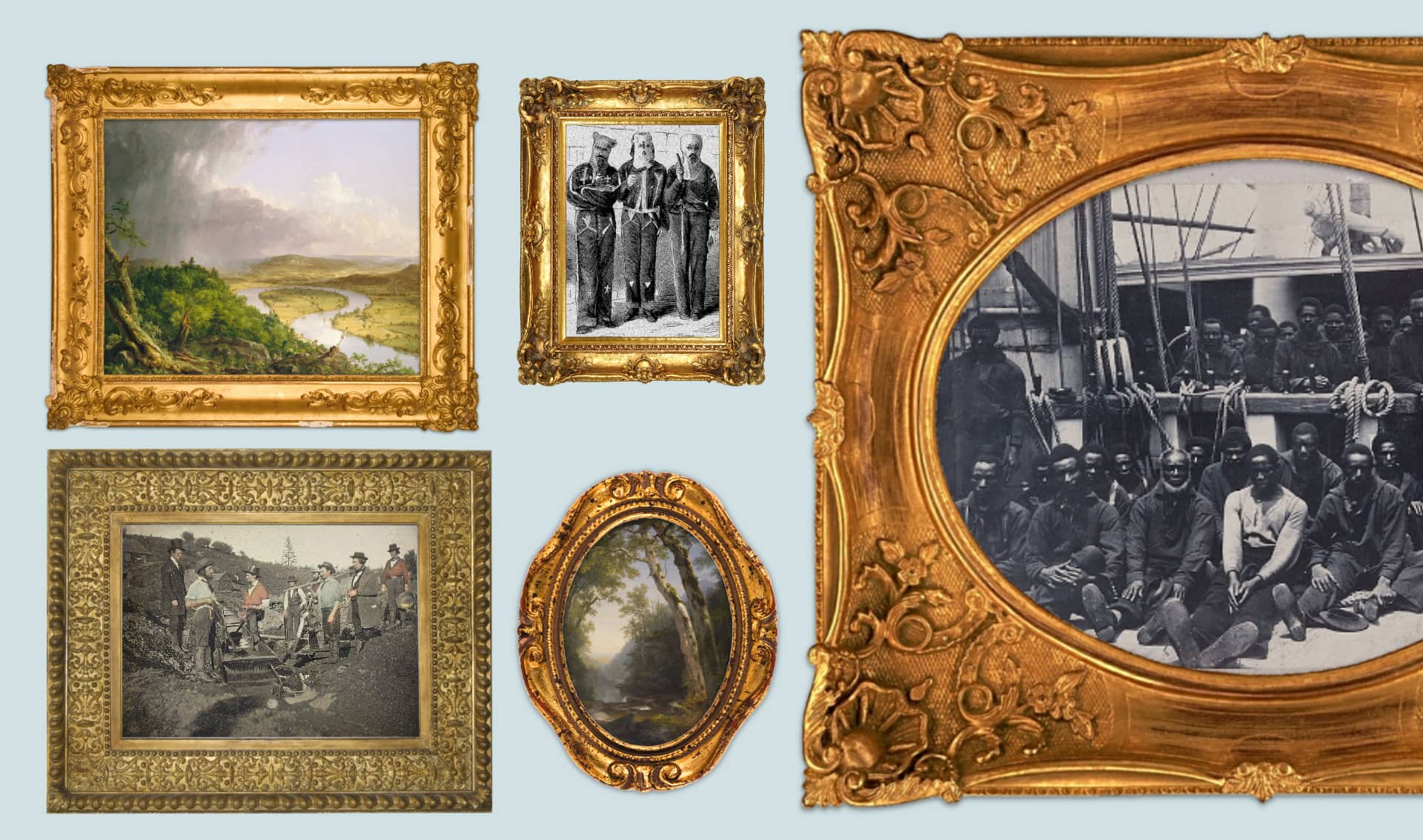
Art
Caravaggio’s two Matthews: Realism rejected, revelation remade
Between 1600 and 1601, Caravaggio recast the scene: out went the coarse, patron-spurned Matthew and dominating angel; in came classical dress, a lighter touch and a writer in charge.
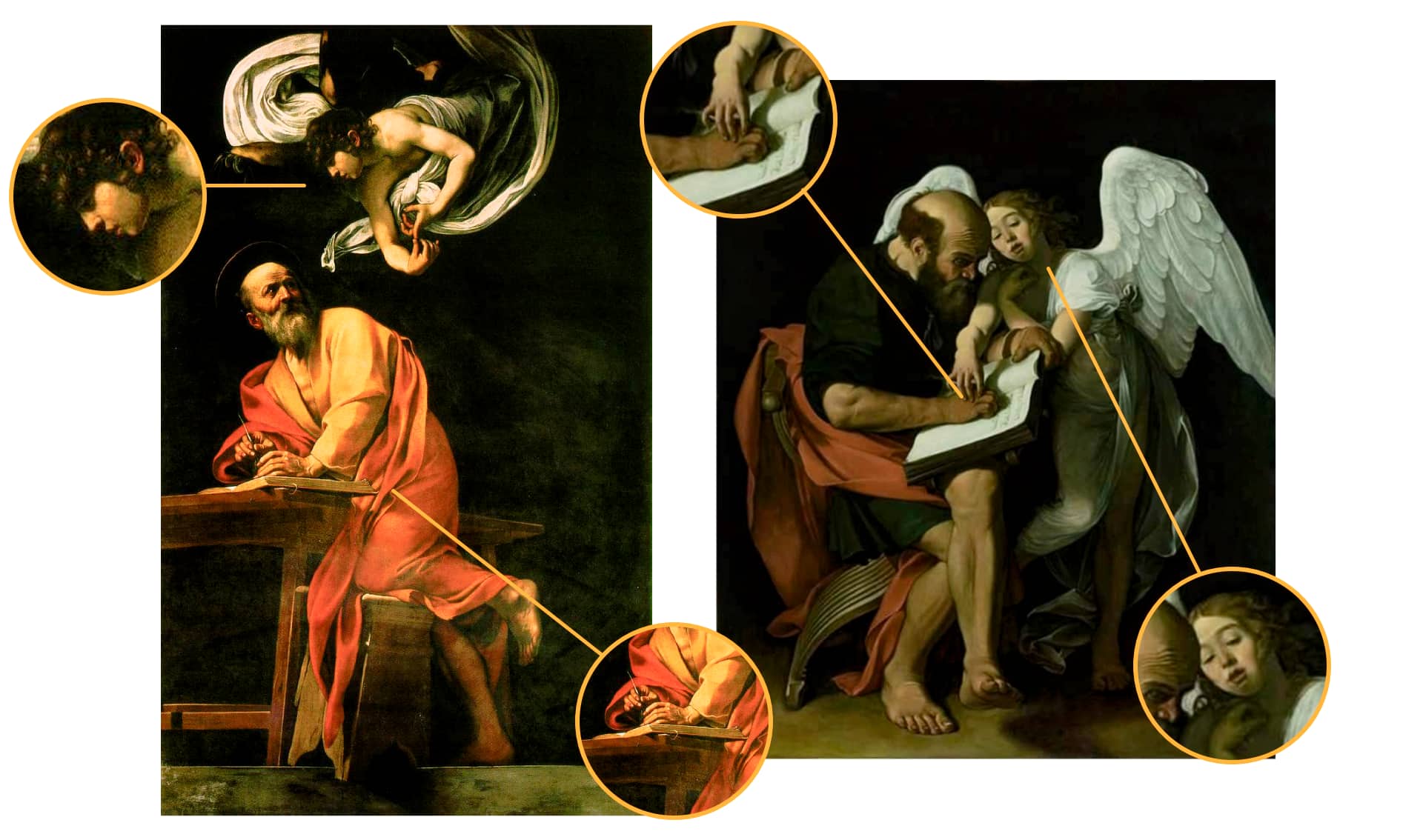
Literature
More than Just a Gay Icon: Edmund White (1940-2025)
June began with the death of two literary giants: Edmund White (died June 3, 2025 at 85) and Frederick Forsyth (died June 9,2025 at 86). Our literary editor, Alex Liberto, had met and corresponded with the former and has written this touching tribute.
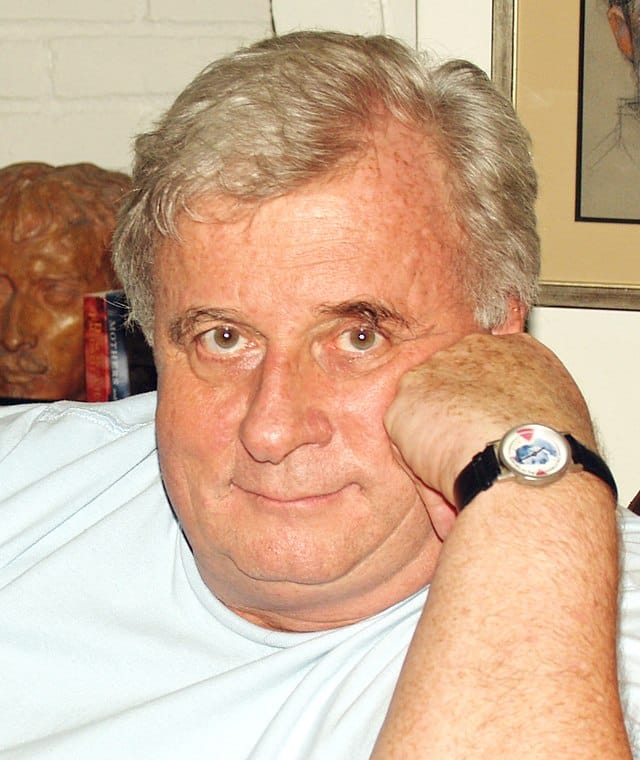
2024
2023
Art
How Caravaggio's 'The Burial of Saint Lucy' Transforms the Divine into the Earthly
Caravaggio's portrayal, St. Lucy forsakes heavenly glory for a gritty burial scene, which reflects the artist's personal struggles and innovative use of light.
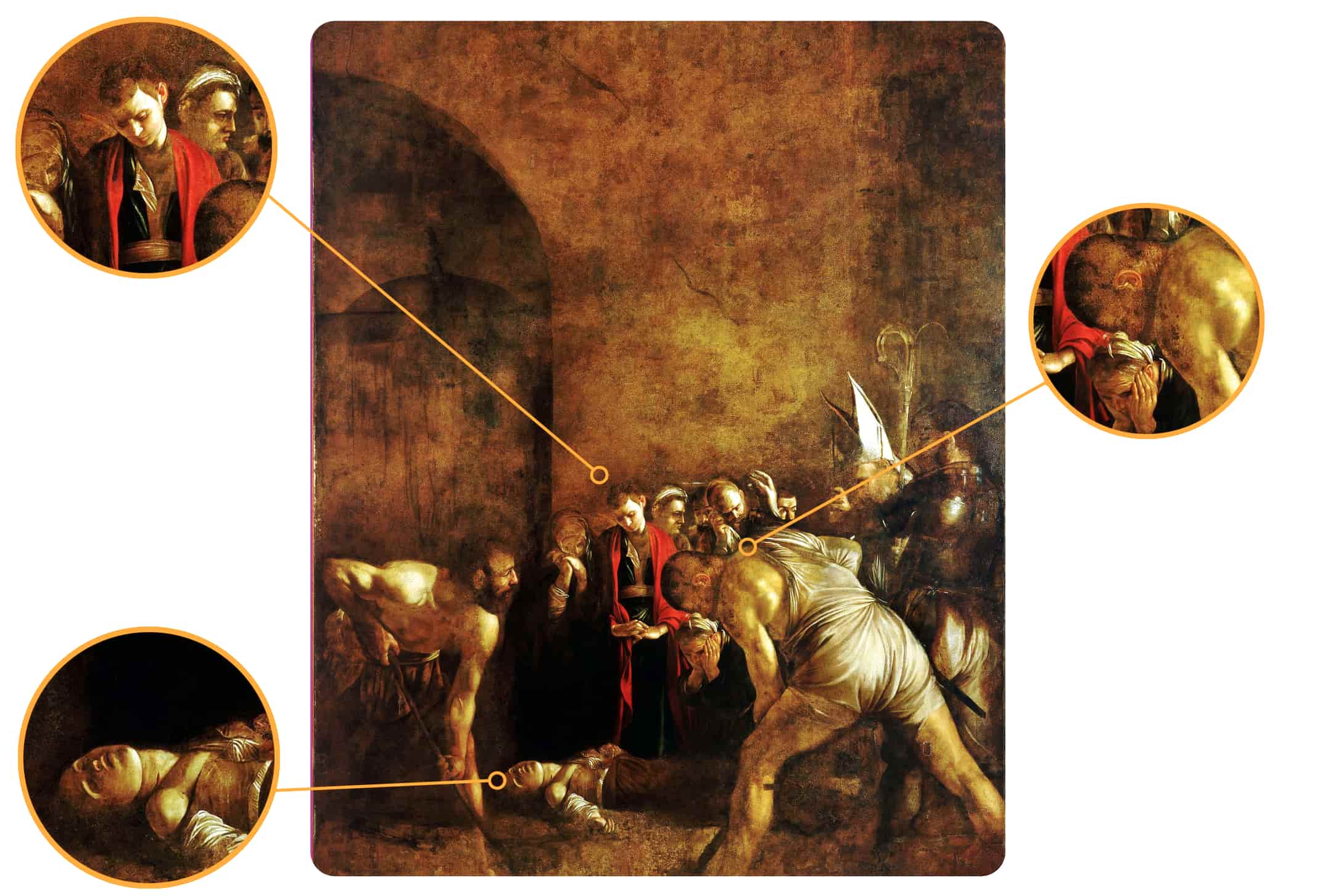
Art
'Transcending Strokes': Caravaggio's Unmistakable Emotion in "Judith and Holofernes"
Unveiling the emotional tension in Caravaggio's 'Judith and Holofernes,' a dramatic narrative of good versus evil comes to light through distinctive stylistic elements.
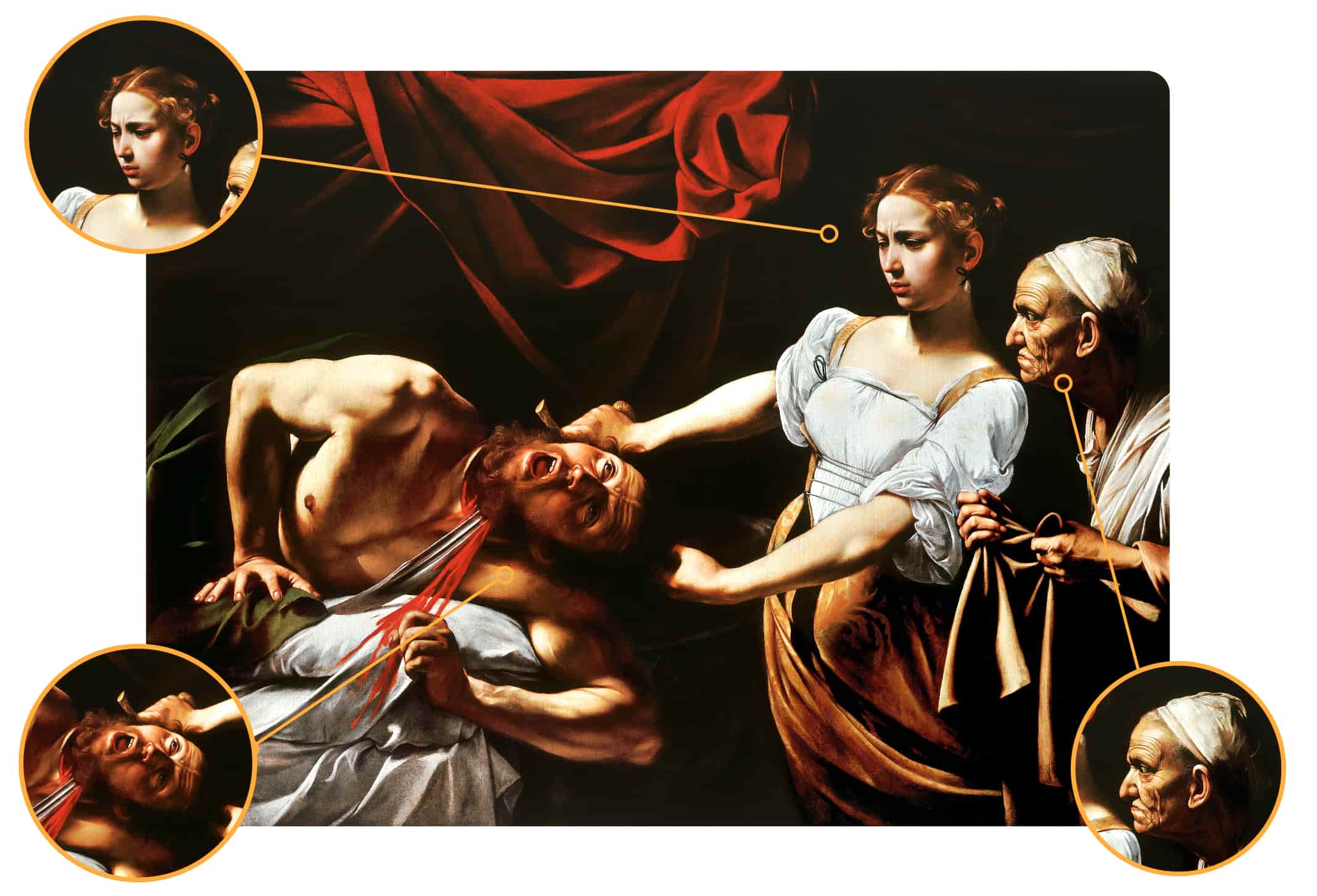
Literature
English Poetry After WWII: The Rise and Evolution of Post-War Literature in The UK
In a world recovering from the devastation of war, how did English literature find its footing? Here are the most pivotal figures and movements that reshaped the post-war literary landscape.
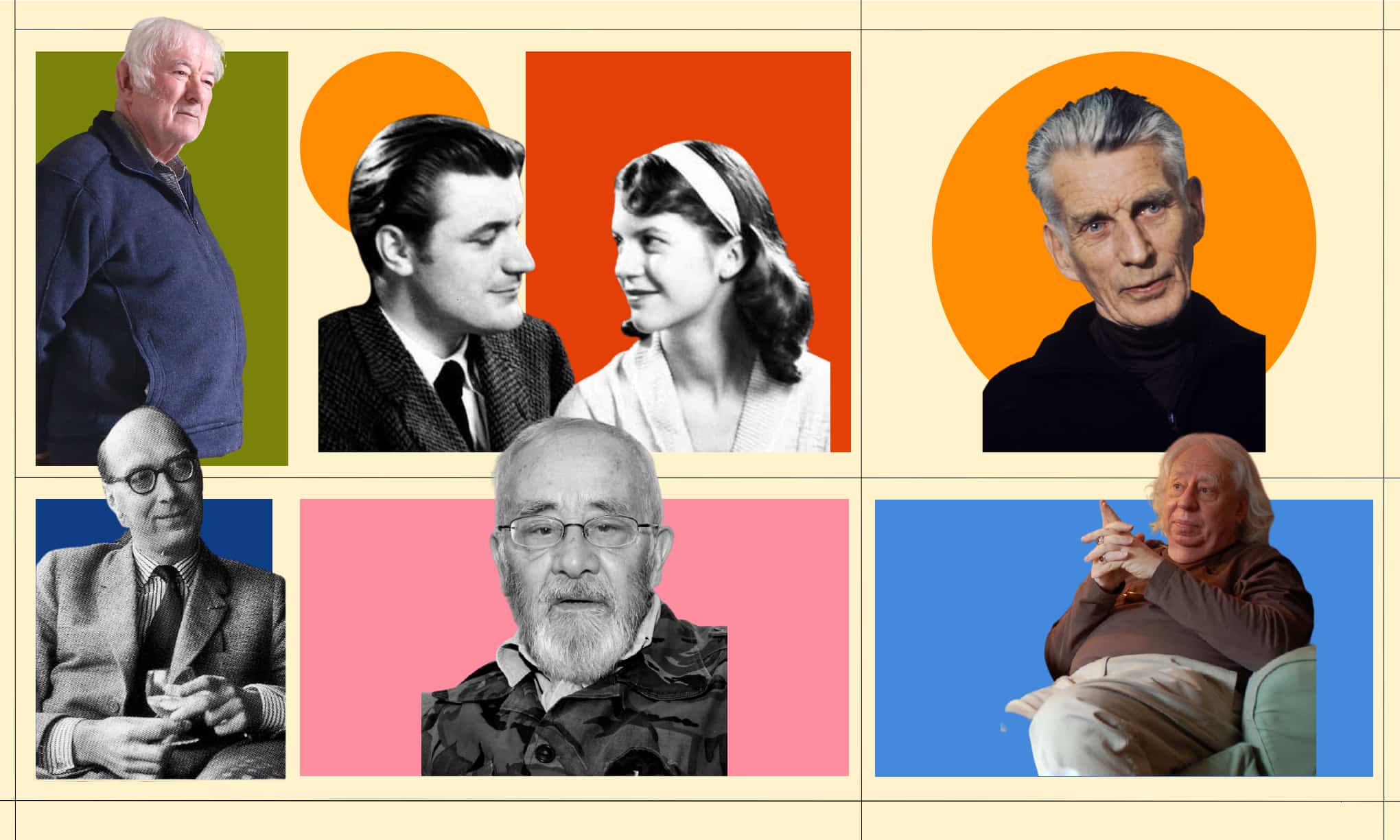
Art
Caravaggio's Crucifixion of St. Peter: The Unseen Heroism
Caravaggio's 1601 Crucifixion of St. Peter showcases mastery of light, human detail and transformative narrative in this iconic Baroque masterpiece.
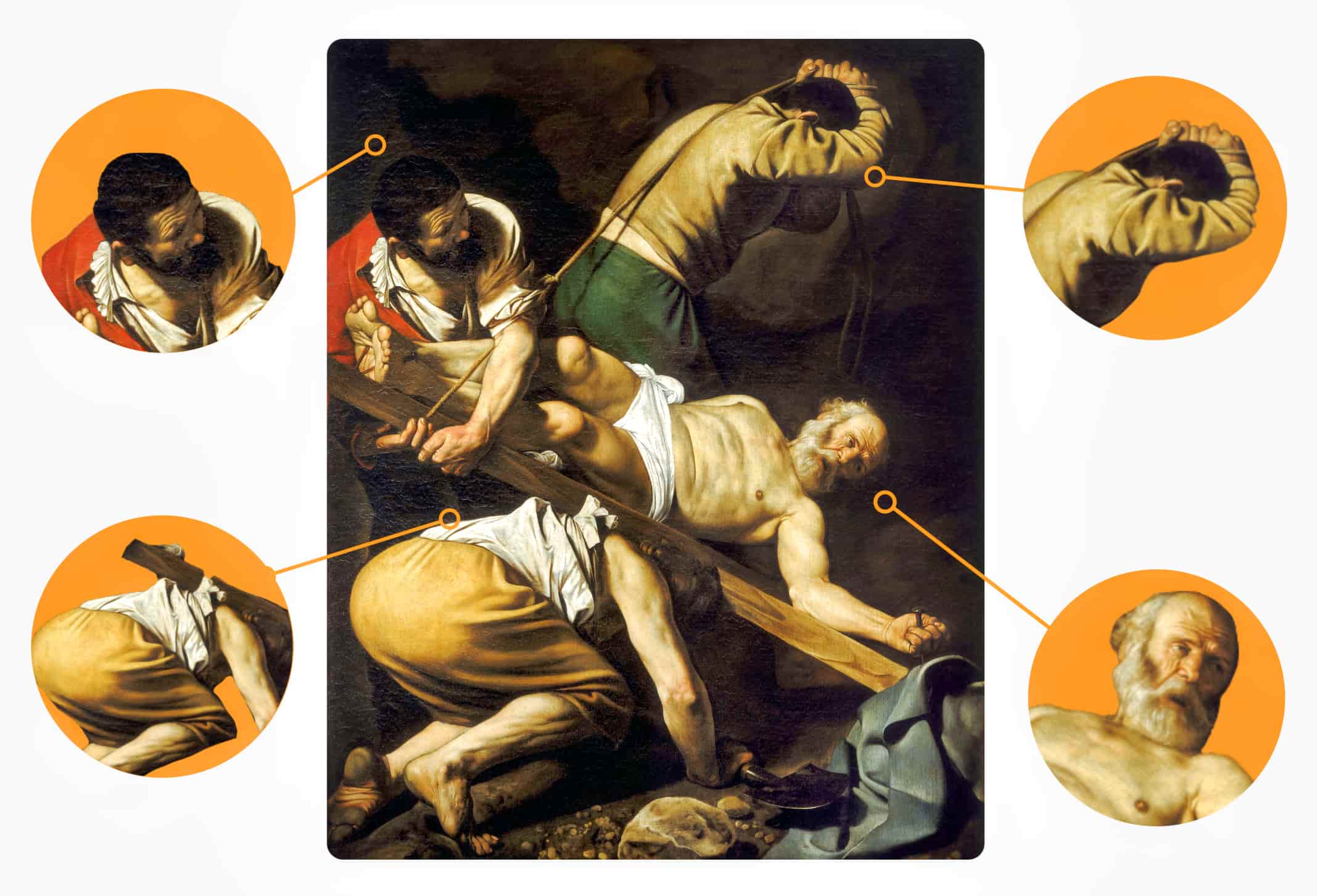
Music
Michael Torke's 'Being': Dreadful Art Cover, Glorious Music
Michael Torke's 'Being' is a transfixing 43-minute composition that shimmers with infectious energy, despite its lacklustre album cover.
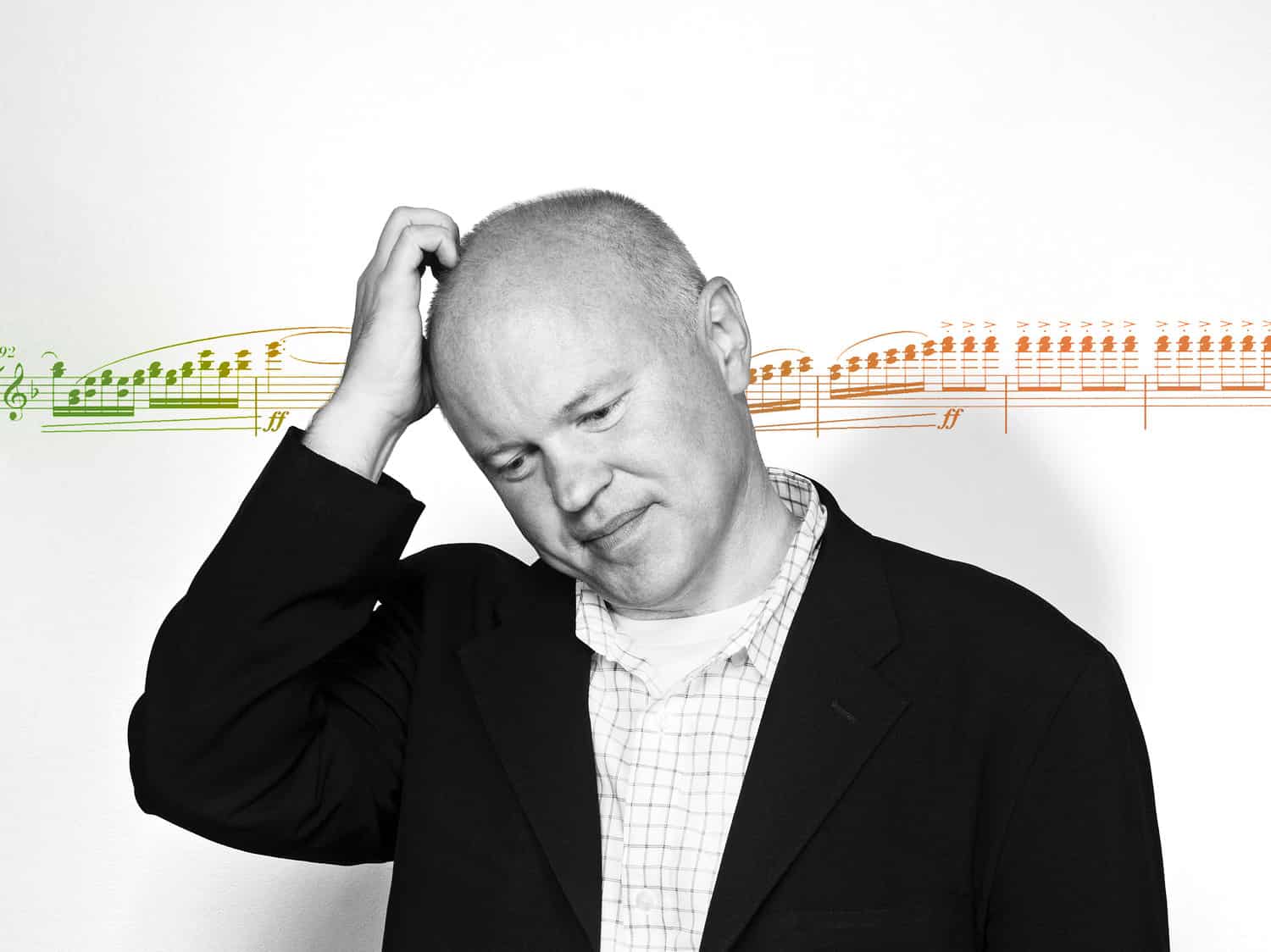
Art
The Conversion of St. Paul by Caravaggio: A Masterpiece of Dramatic Intensity and Transformative Power
An analysis of Caravaggio's The Conversion of St. Paul and its representation of the powerful transformation of the future apostle.
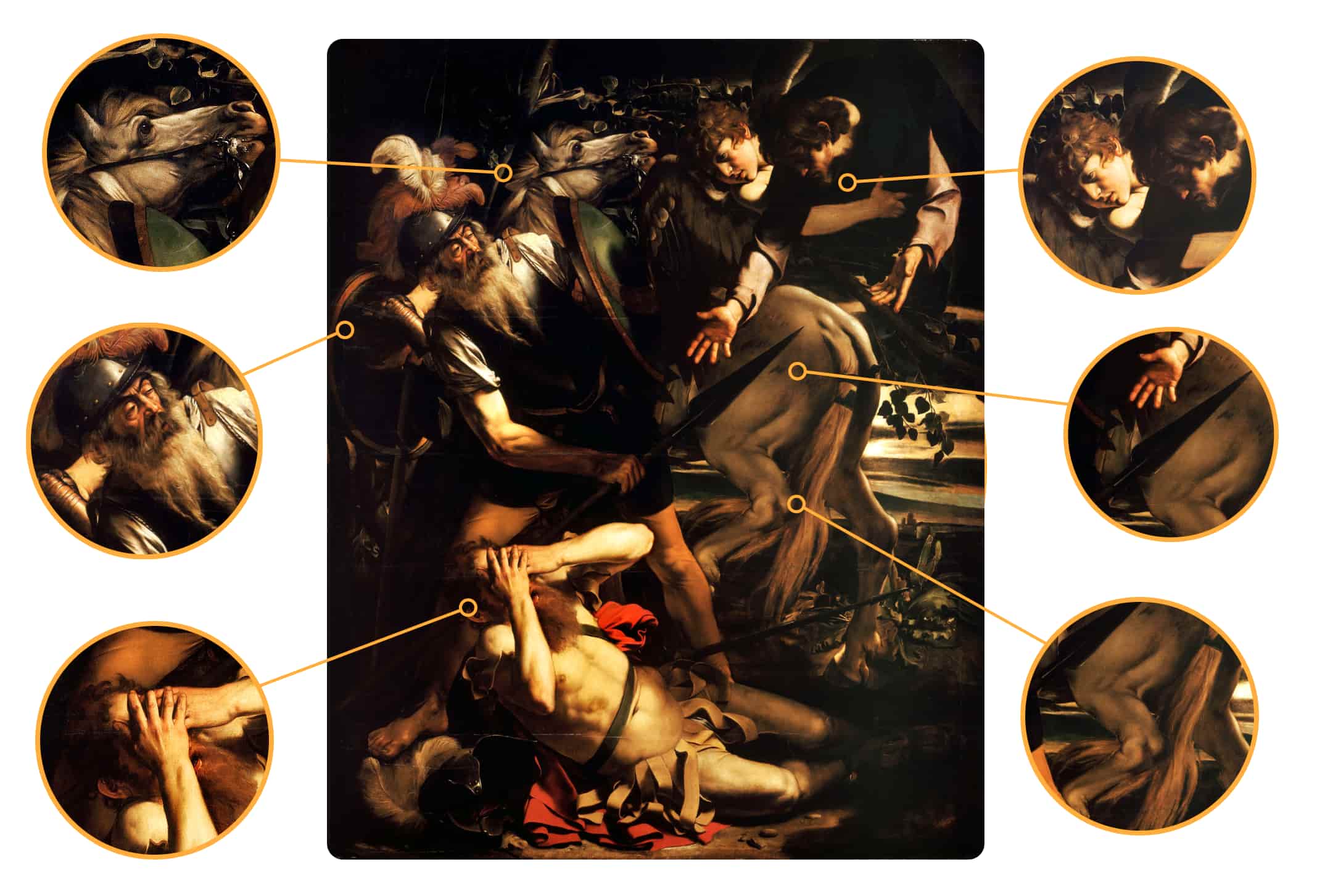
Literature
The Rise of the Angry Young Men in British Drama
Exploring social injustice and generation gap in post-war Britain drama through the works of John Osborne and other playwrights of the Angry Young Men movement.
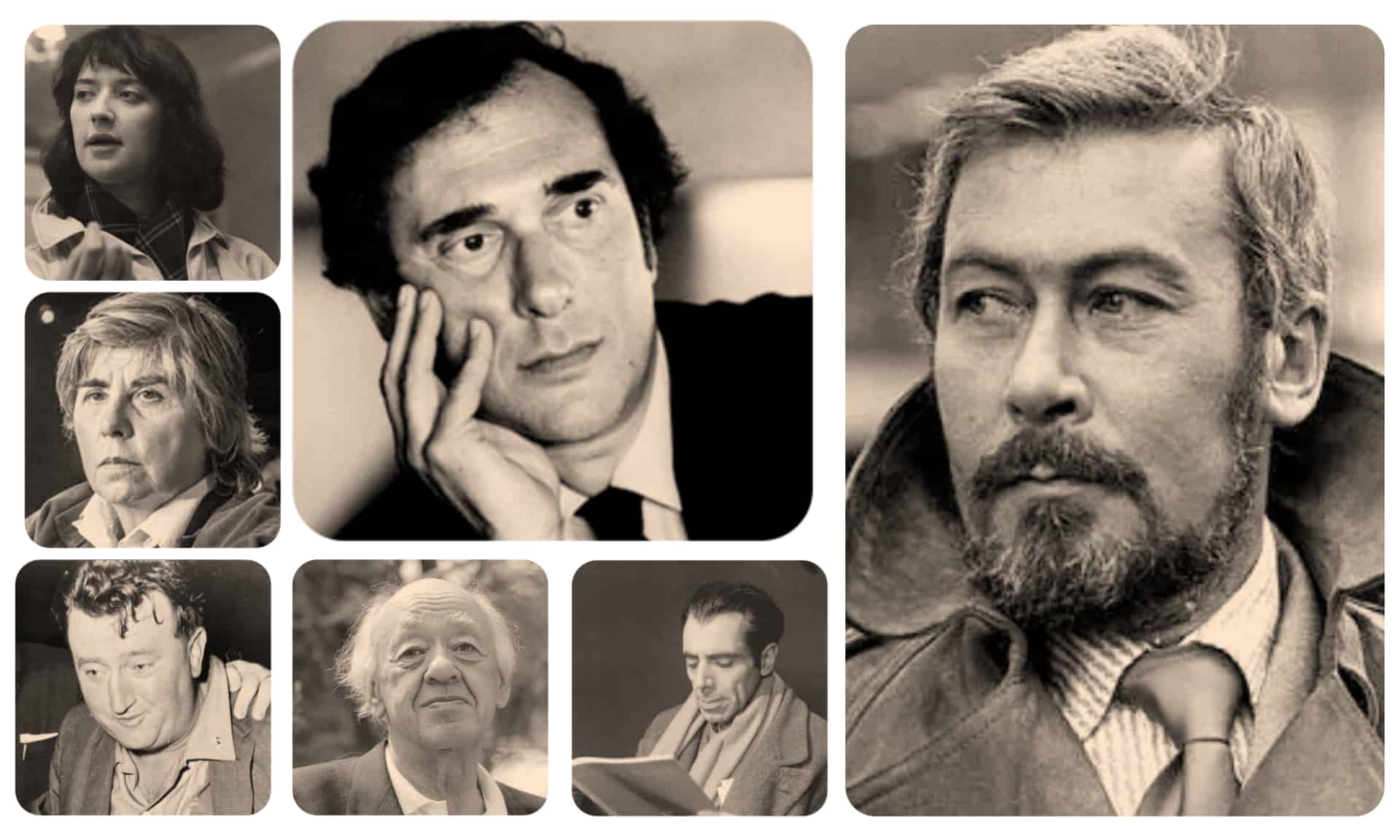
Art
More Than a Mere Copycat? The Rise of AI-Generated Art and its Implications
Can AI art really be considered true art? The debate is heating up as many see this new technology as a mere copycat, while others argue that it has the potential to elevate human creativity to new heights.
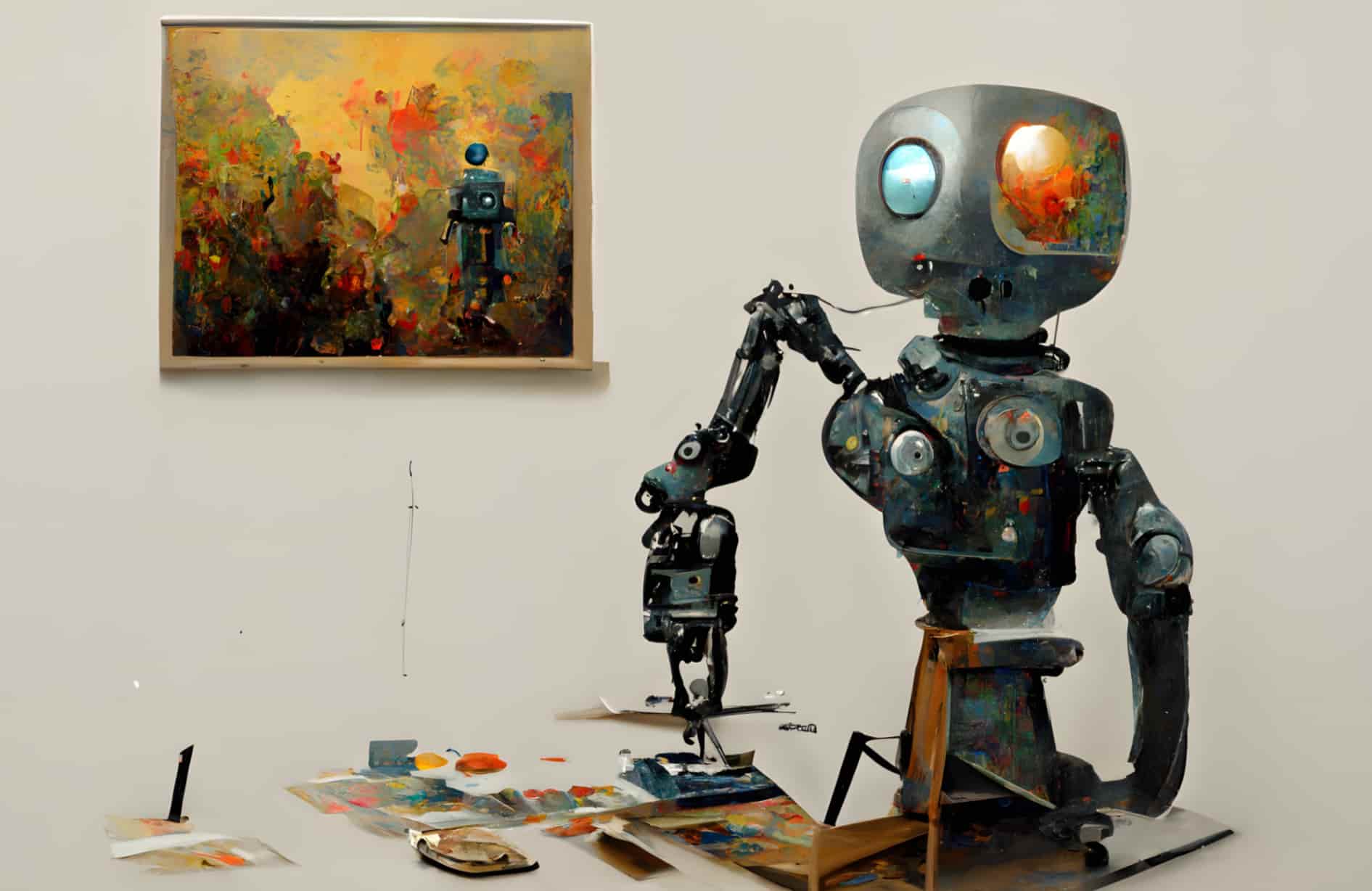
Art
A Detailed Look at the Ancient Nativity Fresco in the Catacombs of Santa Priscilla
Dive deeper into the history and symbolism of early Christian art with our analysis of the ancient Nativity Fresco in the Catacombs of Santa Priscilla, Rome
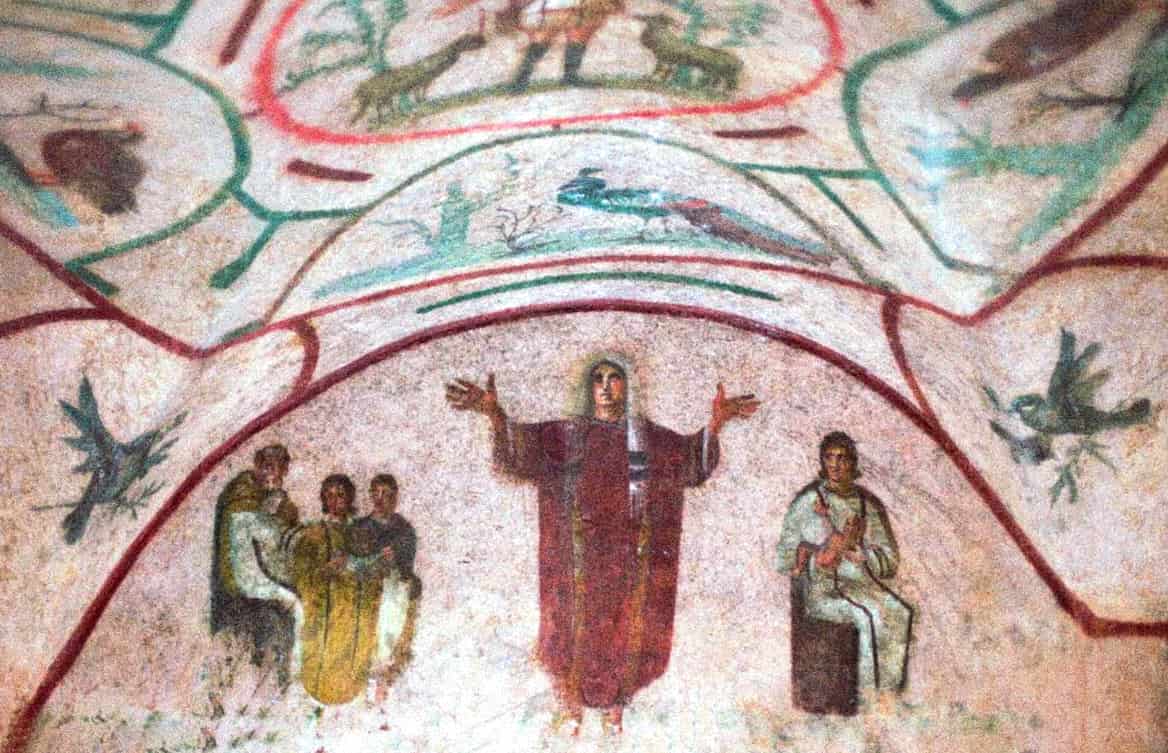
Showing 20 of 83 posts (Page 1 of 5)


